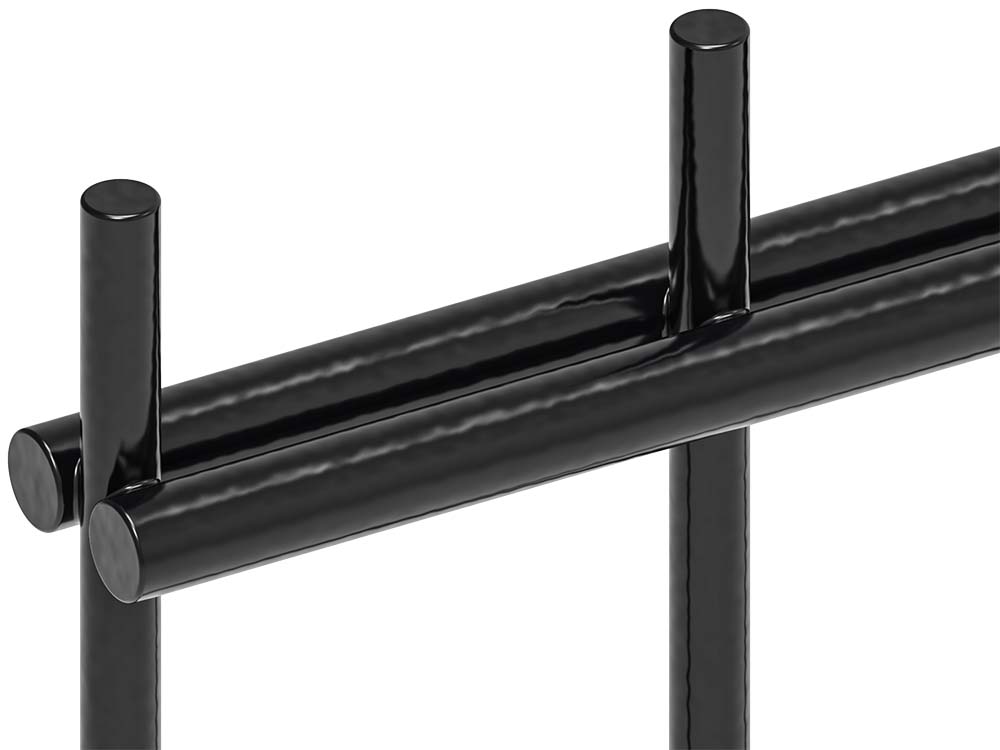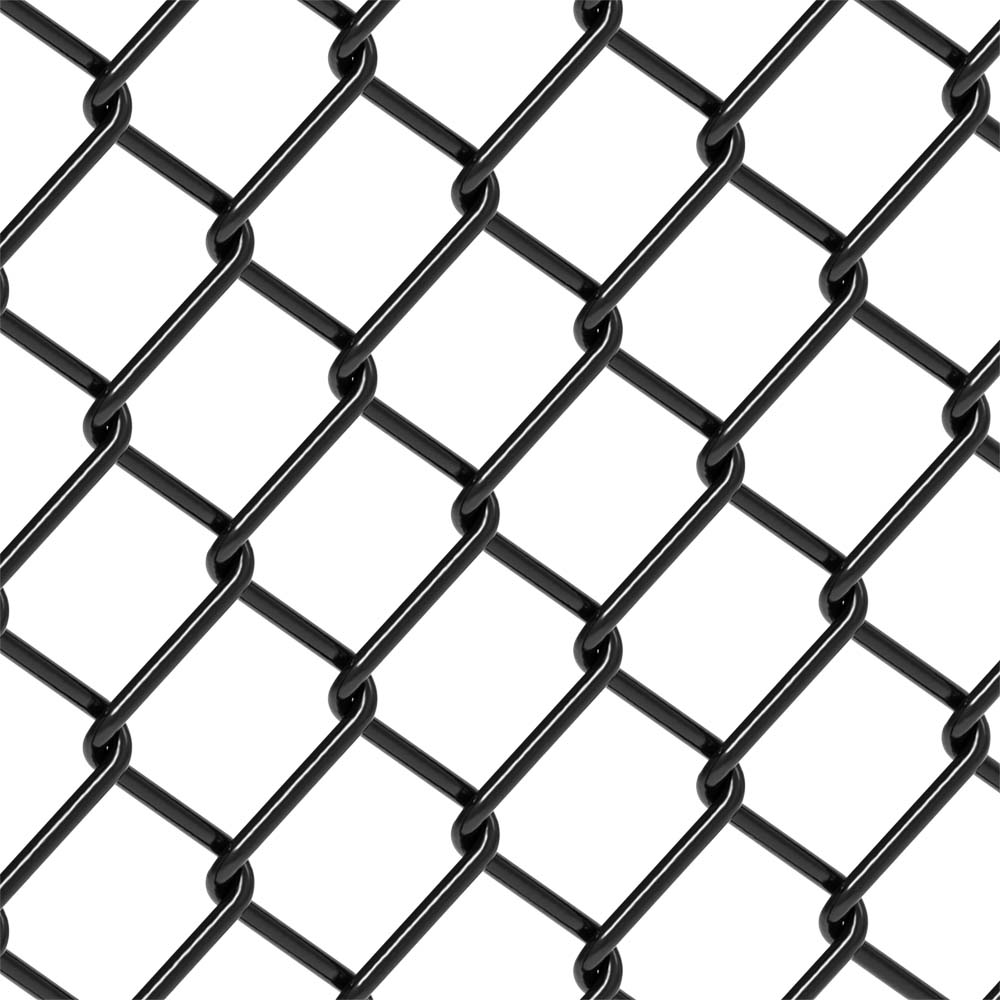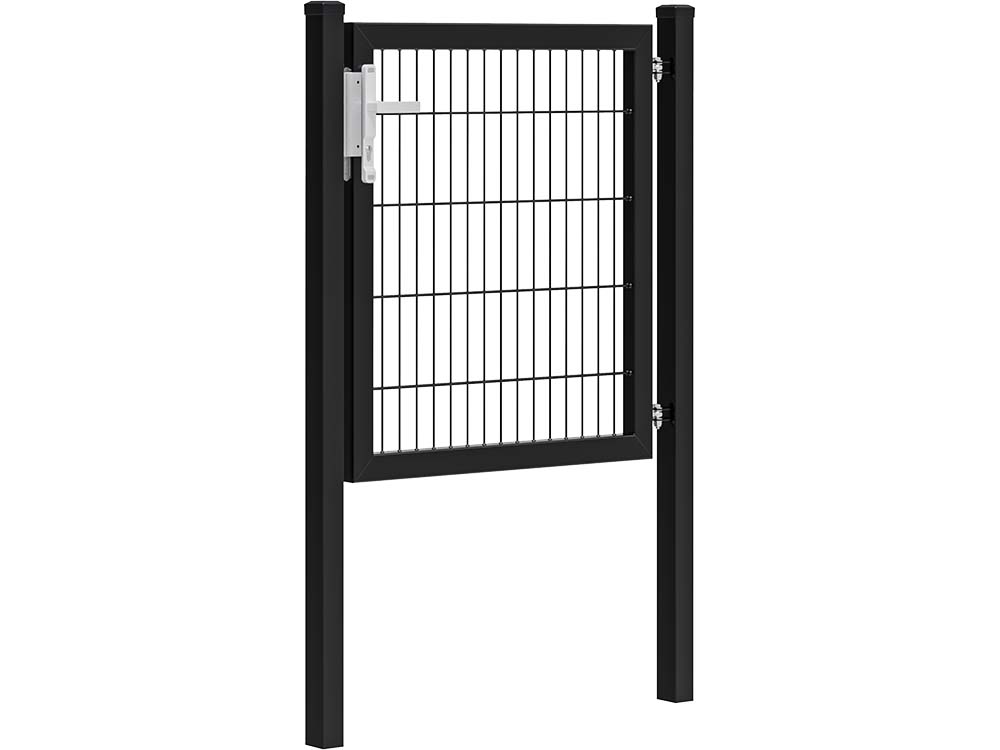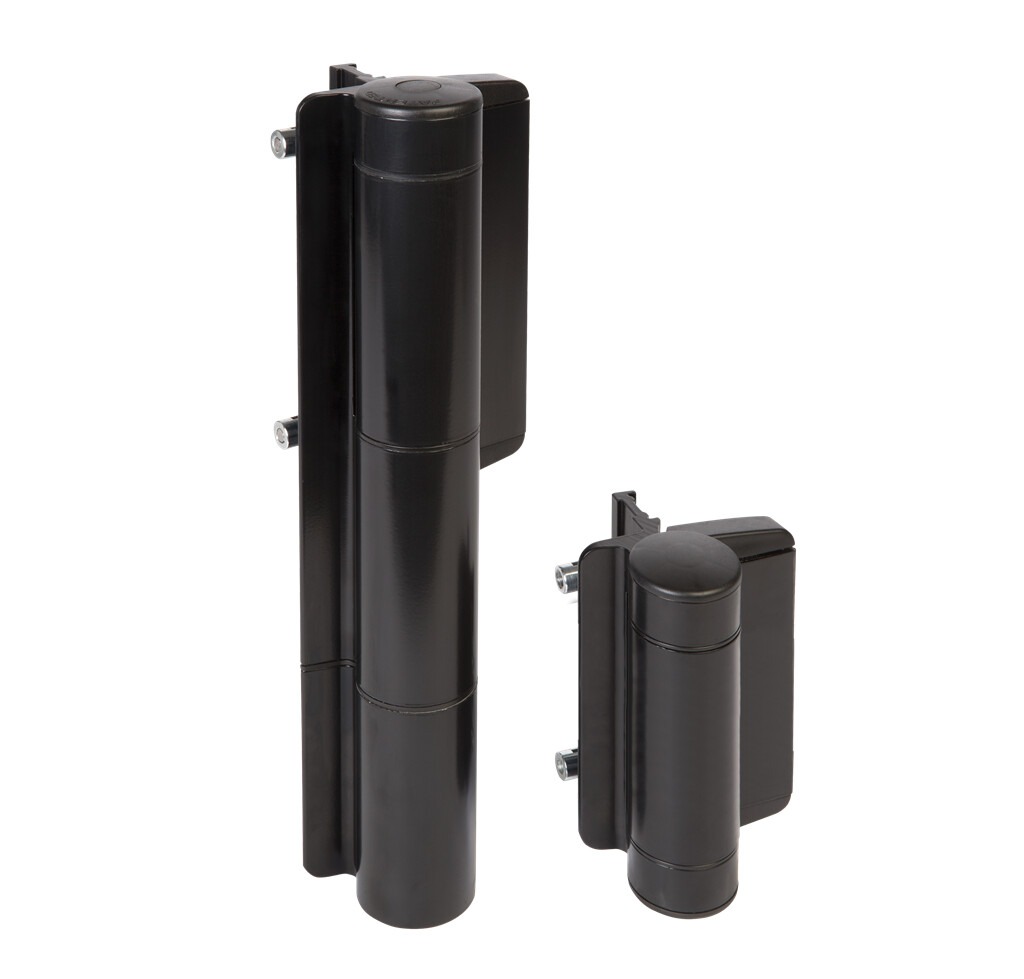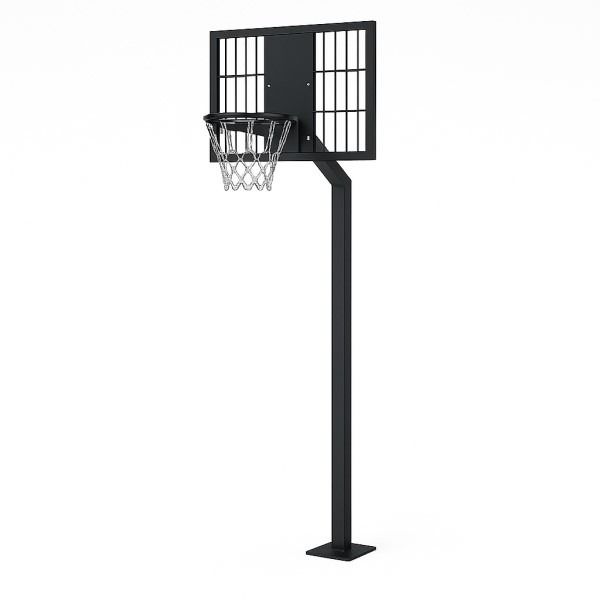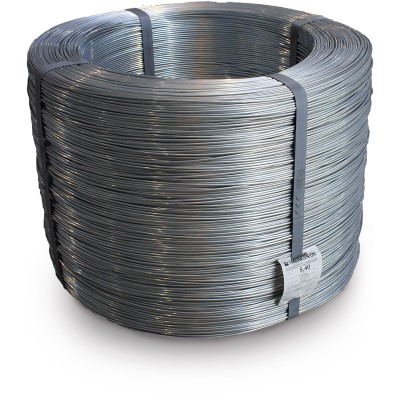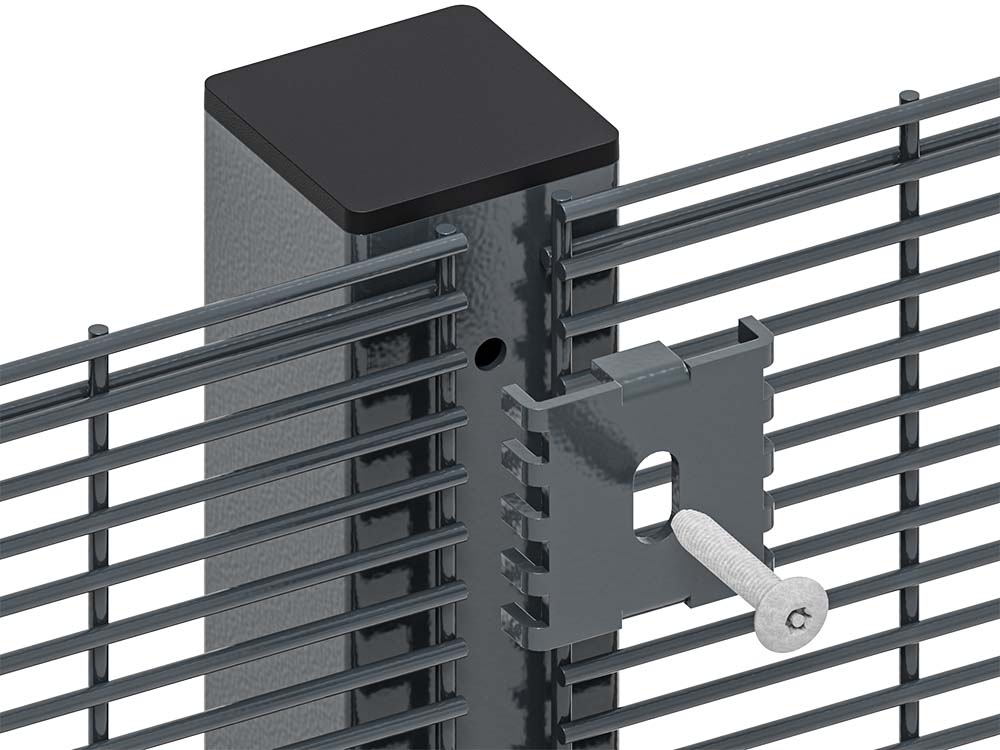Sustainable Garden Fencing: Eco-friendly Options for Modern Landscapes
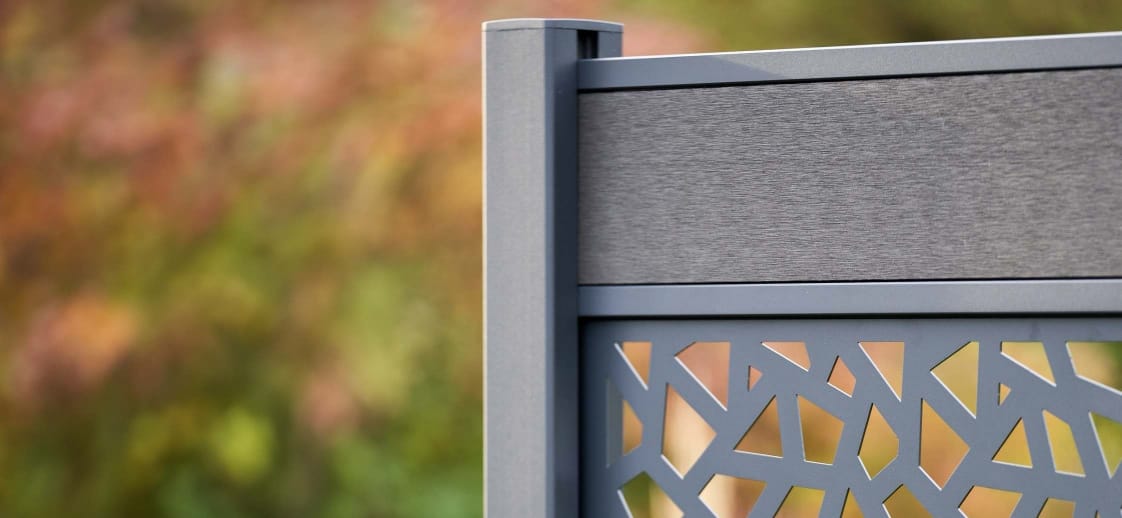
Sustainability has become a key consideration in modern landscaping projects and garden fences are no exception. Choosing eco-friendly fencing materials not only benefits the environment but also contributes to a timeless and thoughtful landscape design. By focusing on durability and sustainability, garden fences can enhance the value of any property.
Why sustainability matters in garden fencing
Sustainable fencing materials help reduce environmental impact by prioritizing recycled or recyclable resources. For businesses and homeowners sustainable garden fences reflect a commitment to conservation and long-term value. Materials such as composite and aluminum offer excellent alternatives to traditional options, balancing functionality with eco-conscious design.
Composite fences
Composite fences are made from recycled wood fibers and plastic, offering the appearance of natural wood without the associated upkeep. These fences are highly resistant to rot, pests, and weather, making them ideal for projects requiring both longevity and minimal maintenance. By using reclaimed materials, composite fencing reduces waste while providing a durable, aesthetically pleasing solution for gardens and landscapes. For landscapes that need versatility, composite fences work well with both modern and traditional designs, making them a sustainable and stylish choice.
Aluminum fences
Aluminum fencing stands out for its durability and recyclability. Lightweight and resistant to rust, aluminum requires little maintenance and is highly adaptable to different designs and terrains. Its long lifespan reduces the need for frequent replacements, helping to minimize waste over time. Additionally, the production and recycling processes for aluminum are energy-efficient, further enhancing its sustainability credentials. As a lightweight option, aluminum is also easy to transport and install, making it an eco-friendly choice for large-scale landscaping projects.
Using durable coatings to extend longevity
Another essential aspect of sustainability is extending the lifespan of fencing materials. Durable coatings protect fences from weathering and corrosion, reducing the need for frequent repairs or replacements. This not only minimizes waste but also lowers long-term costs. High-quality coatings ensure that fences remain functional and visually appealing for years, even in challenging environments.
Enhancing landscapes with sustainable fencing
Eco-friendly fences are just one piece of the puzzle in creating sustainable landscapes. Pairing fences with native plants, climbing vines, or hedges can enhance biodiversity and integrate the fencing into its natural surroundings. A carefully planned combination of materials and greenery contributes to an environment that balances form and function while supporting local ecosystems.
Looking ahead: the value of sustainable choices
Sustainable fencing represents more than just a practical solution—it reflects a mindset focused on long-term impact. As landscaping evolves to meet modern environmental challenges, choosing durable and eco-conscious materials ensures that both the environment and the landscape benefit.





